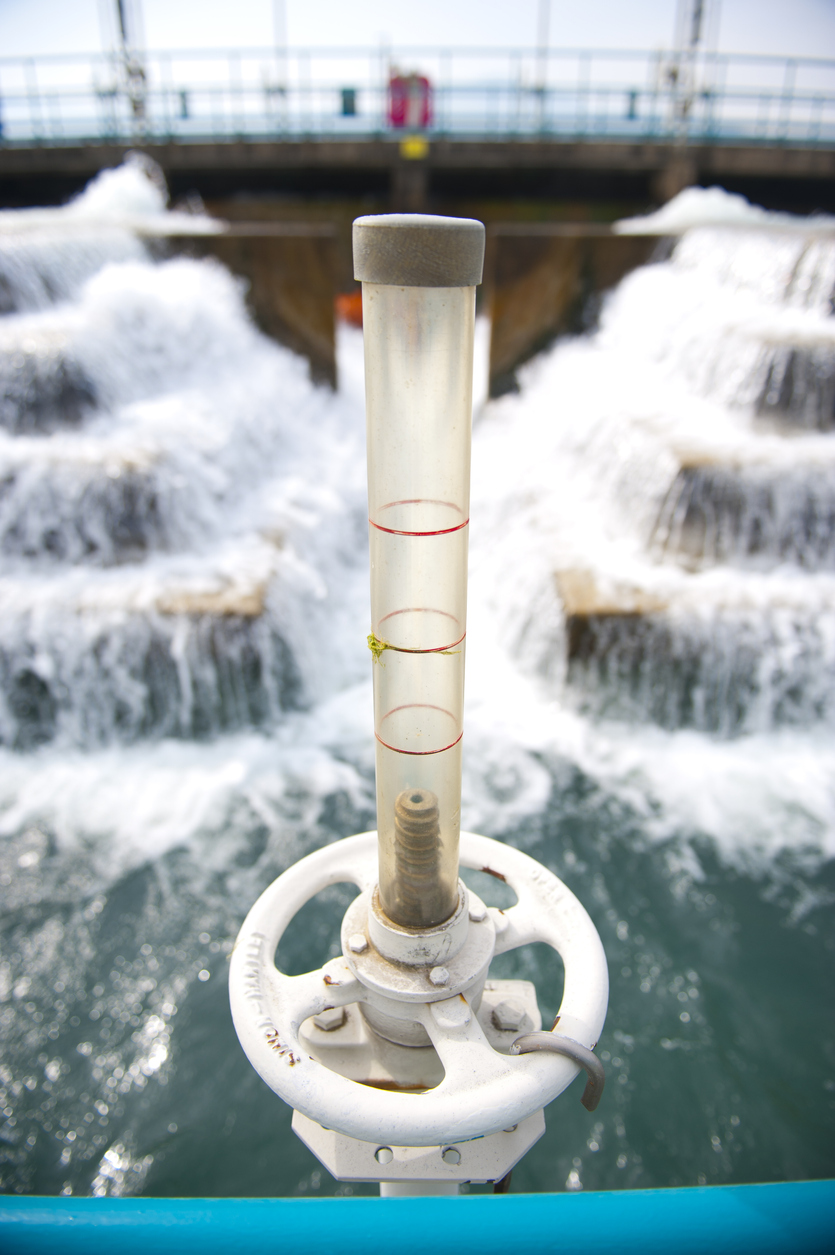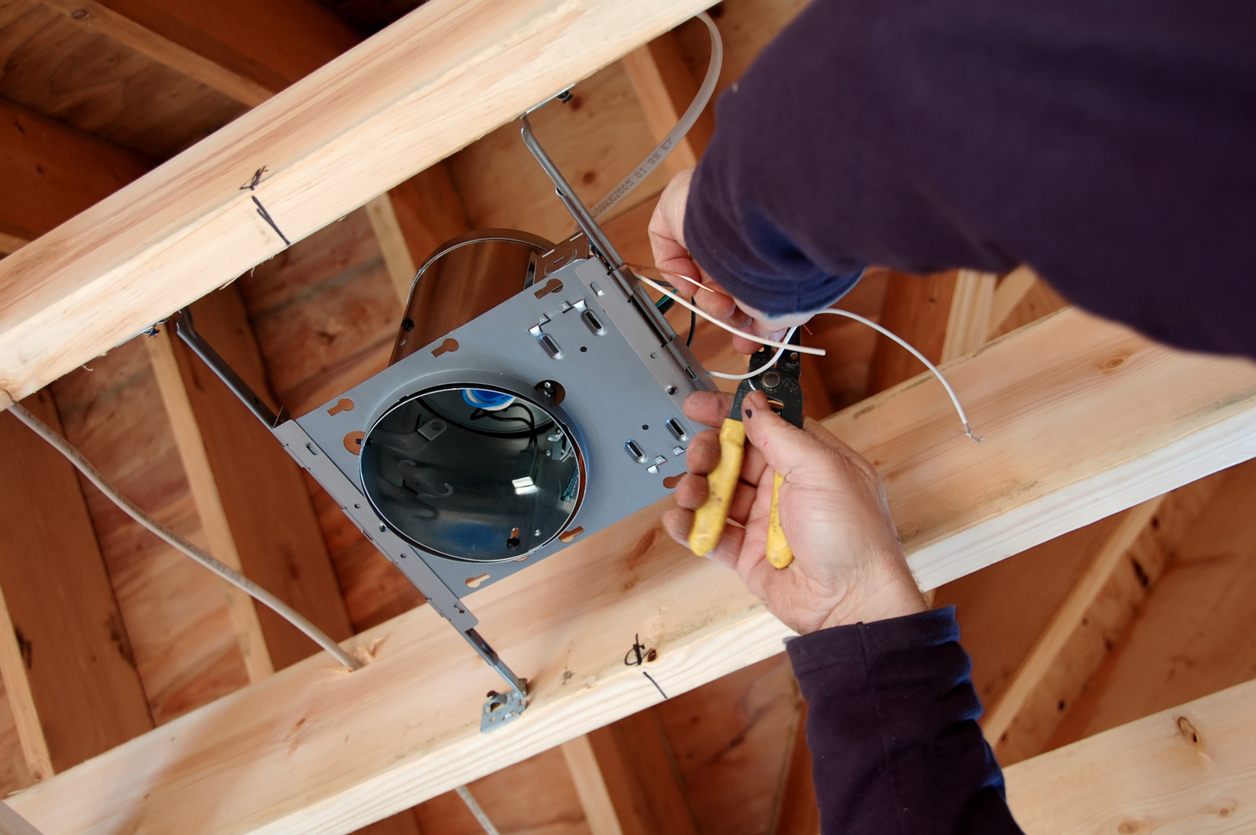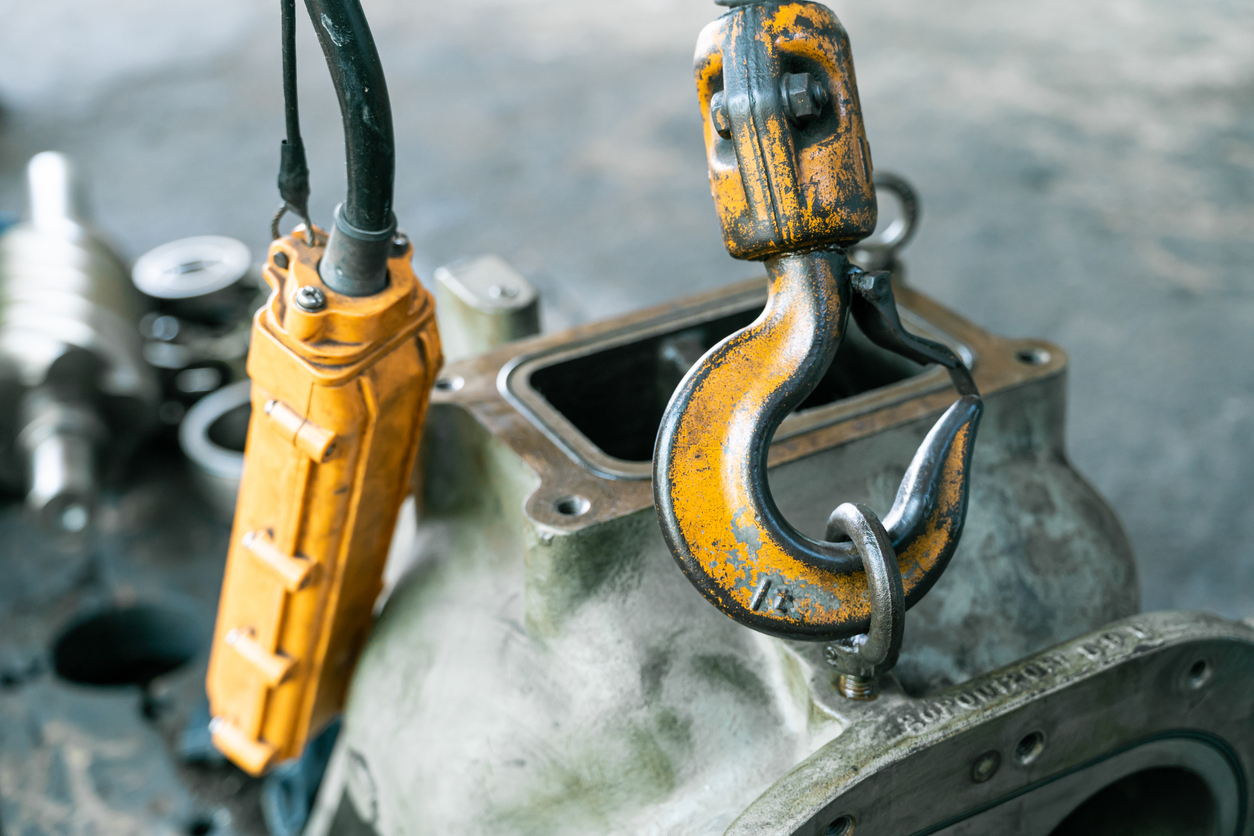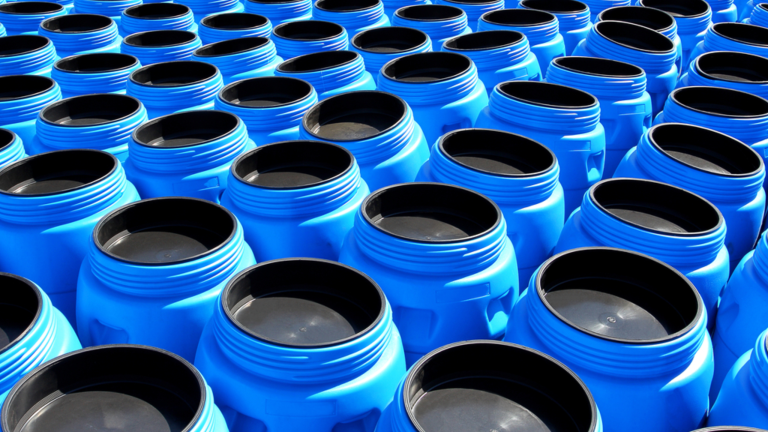Understanding the Importance of Integrity and Hydro-testing in Nigeria with Wigmore Trading
Understanding the Importance of Integrity and Hydro-testing in Nigeria with Wigmore Trading
Integrity and hydro-testing are two crucial components in ensuring the safety and reliability of equipment used in various industries. In Nigeria, where industrial operations are on the rise, it is more important than ever to understand the significance of these practices. Join us as we delve into the importance of integrity and hydro-testing with Wigmore Trading, a leading provider of quality testing services in Nigeria. Learn how these processes play a vital role in maintaining operational efficiency and preventing potential risks. Let’s explore why integrity and hydro-testing should be top priorities for businesses in Nigeria.
Introduction to the concept of integrity and hydro-testing
Introduction to the Concept of Integrity and Hydro-testing
In today’s fast-paced world, industries are constantly evolving and expanding, creating a high demand for reliable and durable equipment. This is particularly true for the oil and gas industry in Nigeria, which plays a crucial role in the country’s economy. With such importance placed on this sector, it is essential to ensure that all equipment used in oil and gas operations are of the highest quality and maintain their integrity throughout their lifespan.
Integrity refers to the ability of an object or system to perform its intended function effectively without any compromise. In simple terms, it means being honest, ethical, and consistent in one’s actions. When applied to industrial equipment like pipelines, tanks, and valves used in oil and gas operations, integrity becomes critical as even the smallest failure can have catastrophic consequences.
This is where hydro-testing comes into play. Hydro-testing is a process used to test the integrity of industrial equipment by subjecting them to high-pressure water or liquid tests. It involves filling the equipment with water or suitable testing fluid at pressures higher than their normal operating conditions. The pressure is then maintained for a specific duration while checking for any leaks or weaknesses in the structure.
The concept of hydro-testing has been around since the early 1900s when it was first used as a method for testing boilers. Over time, this technique has evolved and become an essential part of quality control processes across various industries worldwide.
In Nigeria’s oil and gas industry specifically, hydro-testing plays a crucial role in ensuring that all equipment meet safety standards set by regulatory bodies like NNPC (Nigerian National Petroleum Corporation) and DPR (Department of Petroleum Resources). These agencies require all new pipelines, tanks, valves, pumps, and other critical components used in oil production facilities to undergo rigorous hydro-tests before being put into service.
Additionally, existing equipment must also be regularly tested through maintenance programs to ensure that they continue to function correctly and safely. This is particularly important in Nigeria, where the harsh environmental conditions, such as high temperatures and corrosive elements, can cause equipment to deteriorate faster.
Understanding the concept of integrity and hydro-testing is crucial for ensuring the safety and reliability of industrial equipment used in oil and gas operations. With proper testing procedures in place, companies like Wigmore Trading can provide their clients with top-quality products that have been thoroughly tested to meet industry standards.
Why is integrity important in Nigeria?
Integrity is a fundamental value that is crucial for the growth and development of any society. In the context of Nigeria, a country with a rich cultural heritage and immense resources, integrity holds an even greater significance. It refers to the quality of being honest, having strong moral principles, and adhering to ethical standards in all aspects of life.
In recent years, Nigeria has faced numerous challenges such as corruption, political instability, economic turmoil, and social unrest. These issues have had a significant impact on the country’s progress and have hindered its potential for growth. One of the root causes behind these problems is the lack of integrity among individuals in positions of power and influence.
One major consequence of this lack of integrity is rampant corruption. According to Transparency International’s Corruption Perceptions Index 2020, Nigeria ranks 149 out of 180 countries surveyed. This indicates that corruption is still prevalent in various sectors such as government institutions, businesses, and even daily interactions between citizens. This not only leads to financial losses but also undermines public trust in institutions and hinders foreign investment opportunities.
Moreover, without integrity, there can be no credibility or accountability. In order for any organization or system to function effectively, it needs reliable individuals who are committed to upholding ethical standards and are accountable for their actions. Lack of integrity can result in dishonesty, fraudulence, favoritism leading to an unfair advantage over others.
Another important aspect where integrity plays a vital role in Nigeria is safety regulations compliance. The hydro-testing industry ensures safe operations for pipelines by detecting defects before they cause accidents or environmental damage. However, if companies do not adhere to strict ethical standards and cut corners by using substandard equipment or falsifying test results due to greed or corrupt practices; it can lead to disastrous consequences like oil spills or explosions causing harm to both people and the environment.
On an individual level too, integrity plays a crucial role in shaping one’s character and values. It helps in building trust, respect, and credibility in personal relationships and also promotes a sense of responsibility towards society.
Integrity is vital for the progress and stability of Nigeria. It not only ensures transparency and accountability but also promotes a culture of honesty and ethical behavior. As responsible citizens, it is our duty to uphold integrity in all aspects of our lives for the betterment of our country.
The role of Wigmore Trading in promoting integrity and hydro-testing in Nigeria
Wigmore Trading, a leading provider of industrial equipment and services in Nigeria, has played a crucial role in promoting integrity and hydro-testing practices in the country. The company understands the importance of these practices for ensuring safety, quality, and reliability in various industries such as oil and gas, construction, and manufacturing.
Integrity is defined as adherence to moral and ethical principles. In business operations, it refers to acting with honesty and transparency towards customers, employees, suppliers, and the wider community. With an emphasis on ethical conduct and fair trade practices, Wigmore Trading has set high standards for integrity within its own operations as well as those of its partners.
As a trusted supplier of industrial equipment such as pipes, valves, fittings, pumps, and flow meters in Nigeria since 2010, Wigmore Trading has established strong relationships with reputable manufacturers worldwide. The company ensures that all products supplied are genuine and comply with international quality standards by conducting thorough inspections before delivery. This commitment to integrity has earned Wigmore Trading a loyal customer base who value their reputation for providing reliable products at competitive prices.
In addition to promoting integrity within its supply chain processes, Wigmore Trading also actively advocates for ethical business practices through various initiatives. The company supports local suppliers by sourcing materials from Nigerian manufacturers wherever possible. This not only boosts the local economy but also promotes fair trade practices within the country.
Moreover, Wigmore Trading is committed to developing partnerships with organizations that share their values of integrity and responsible business conduct. The company collaborates with industry associations like the Nigerian Gas Association (NGA) to promote best practices in areas such as health & safety regulations compliance training.
Hydro-testing is another critical aspect of maintaining integrity in industrial operations in Nigeria. It involves testing pipelines or vessels under pressure using water or other liquid mediums to check for any leaks or weaknesses that could potentially result in accidents or failures during operation. As part of its commitment to promoting safe work practices, Wigmore Trading offers hydro-testing services to its clients as an added value service. The company has invested in state-of-the-art equipment and trained personnel to carry out these tests accurately and efficiently.
Wigmore Trading’s role in promoting integrity and hydro-testing in Nigeria goes beyond just providing industrial equipment. The company is dedicated to upholding ethical standards, advocating for responsible business practices, and ensuring safety and reliability in all industries it serves. With their commitment to integrity, Wigmore Trading continues to be a trusted partner for businesses looking to operate with honesty and transparency in Nigeria.
Benefits of implementing integrity and hydro-testing practices in various industries
Integrity and hydro-testing are crucial practices in various industries, including oil and gas, manufacturing, and construction. These processes involve testing the structural integrity of equipment or pipelines by subjecting them to high pressure and ensuring they can withstand the expected load. In this section, we will discuss some of the benefits of implementing integrity and hydro-testing practices in these industries.
1. Ensures Safety: One of the most important reasons for implementing integrity and hydro-testing is to ensure safety. Faulty equipment or pipelines can lead to catastrophic accidents, injuries, and even loss of life. By regularly conducting these tests, any potential defects or weaknesses can be identified early on and addressed before they become a safety hazard.
2. Prevents Downtime: Equipment downtime can have a significant impact on a company’s productivity and profitability. Regularly testing the integrity of equipment helps identify any potential issues that may cause unexpected breakdowns or failures. This allows for timely repairs or replacements to be carried out, reducing downtime and ensuring smooth operations.
3. Increases Efficiency: When equipment is functioning at optimal levels, it leads to increased efficiency in operations. Integrity testing helps identify any inefficiencies or malfunctions that may be hindering performance. By addressing these issues promptly, companies can improve their overall efficiency and productivity.
4. Saves Costs: The cost of repairing or replacing faulty equipment can be significantly higher than conducting regular integrity tests. By detecting problems early on through hydro-testing, companies can avoid costly repairs down the line.
5. Complies with Regulations: Industries such as oil and gas have strict regulations when it comes to maintaining equipment’s structural integrity for the safety of workers and protection of the environment. Implementing regular integrity testing ensures compliance with these regulations and avoids penalties or legal consequences.
6. Extends Equipment Lifespan: Regularly subjecting equipment to high-pressure tests helps detect any signs of wear-and-tear early on before they become major issues that can shorten the equipment’s lifespan. This, in turn, saves on replacement costs and ensures that equipment operates efficiently for a longer period.
7. Builds Trust with Clients: Companies that prioritize integrity and hydro-testing demonstrate their commitment to safety and quality. This builds trust with clients and stakeholders, who are more likely to work with a company that prioritizes these practices.
Implementing integrity and hydro-testing practices in various industries has numerous benefits that cannot be overlooked. Not only do these processes ensure safety and compliance, but they also contribute to increased efficiency, cost savings, and client trust. It is crucial for companies to prioritize these practices to maintain operational excellence and safeguard their reputation in the industry.
Case studies of successful implementation of integrity and hydro-testing by Wigmore Trading
At Wigmore Trading, we have had the privilege of working with various clients in Nigeria and witnessing the successful implementation of integrity and hydro-testing in their operations. These case studies serve as examples of how our services have helped businesses achieve safer and more efficient operations.
One such case study is with a leading oil and gas company in Nigeria. The company was facing frequent pipeline leaks, resulting in significant financial losses and damage to the environment. After conducting an integrity assessment, it was revealed that their pipelines were overdue for hydro-testing. Our team at Wigmore Trading worked closely with the company to develop a comprehensive plan for hydro-testing all their pipelines.
Through our state-of-the-art equipment and highly skilled technicians, we were able to conduct thorough hydro-tests on all their pipelines, detecting any potential weak spots or defects. As a result, the company was able to identify and repair these issues before they could lead to further leaks or accidents. This not only saved them from potential disasters but also improved their overall efficiency by reducing downtime due to pipeline repairs.
Another successful implementation of integrity testing was with a major power plant in Nigeria. The plant had been experiencing frequent shutdowns due to equipment failures, which resulted in significant financial losses. Upon conducting an integrity assessment, our team discovered that many critical components within the plant were corroded and needed immediate attention.
We worked closely with the power plant’s maintenance team to perform extensive hydro-tests on all critical equipment, identifying areas that required repairs or replacements. As a result of this proactive approach, the frequency of shutdowns reduced significantly, leading to increased productivity and cost savings for the plant.
These are just two examples of how integrity testing has proven beneficial for companies in Nigeria when implemented successfully by Wigmore Trading. Through our advanced technology and experienced team members, we ensure that all necessary safety measures are taken during hydro-testing processes without compromising on efficiency.
It is essential for businesses operating in industries such as oil & gas, power plants, and manufacturing to prioritize integrity and hydro-testing. Not only does it help prevent accidents and financial losses, but it also promotes a culture of safety within the organization.
These case studies demonstrate how Wigmore Trading has played a crucial role in helping Nigerian businesses achieve safer operations through successful implementation of integrity and hydro-testing. We continue to strive towards providing top-notch services to all our clients, ensuring their equipment’s reliability and safety.
Challenges faced by companies in maintaining integrity and conducting hydro-testing in Nigeria
Challenges faced by companies in maintaining integrity and conducting hydro-testing in Nigeria can be attributed to various factors such as lack of awareness, inadequate resources, and regulatory hurdles. In this section, we will delve deeper into these challenges and discuss how they impact the ability of companies to uphold integrity and conduct effective hydro-testing.
One of the major challenges faced by companies in Nigeria when it comes to maintaining integrity is the lack of awareness about its importance. Many companies do not fully understand the concept of integrity and its significance in their operations. This results in a lack of commitment towards upholding ethical standards and can lead to fraudulent practices such as bribery, corruption, and falsification of data. Furthermore, without a clear understanding of integrity, companies may overlook the need for regular hydro-testing which is crucial for ensuring equipment safety and compliance with industry standards.
Another challenge that hinders the maintenance of integrity and proper hydro-testing in Nigeria is inadequate resources. Companies often struggle with limited budgets and resources which makes it difficult for them to invest in advanced technology or hire qualified professionals for conducting hydro-tests. As a result, many companies resort to using outdated equipment or cutting corners during testing procedures which can compromise the accuracy and reliability of results.
Moreover, there are regulatory hurdles that add to the challenges faced by companies in Nigeria when it comes to maintaining integrity and conducting hydro-testing. The country has complex regulations surrounding industrial processes including strict environmental laws which can be difficult for businesses to navigate. This can lead to delays in obtaining necessary permits or approvals for carrying out hydro-tests, thereby hindering operations.
The above-mentioned challenges not only affect individual companies but also have a wider impact on the Nigerian economy as a whole. Lack of awareness about integrity leads to unethical business practices which undermine consumer trust and confidence. Inadequate resources hinder growth opportunities for businesses while regulatory hurdles create barriers that impede economic progress.
It is evident that maintaining integrity and conducting effective hydro-testing in Nigeria is not without its challenges. However, with proper awareness and education about ethical standards, adequate investment in resources, and streamlined regulatory processes, companies can overcome these challenges and uphold the importance of integrity and hydro-testing in their operations. At Wigmore Trading, we are committed to promoting integrity and providing top-quality hydro-testing equipment to support businesses in Nigeria.
The future of integrity and hydro-testing in Nigeria with Wigmore Trading’s efforts
The future of integrity and hydro-testing is of utmost importance in Nigeria, as the country continues to develop and expand its industries. With the increasing demands for quality and safety, companies are recognizing the need for thorough testing and inspection processes. This is where Wigmore Trading comes in.
Wigmore Trading has been at the forefront of promoting integrity and hydro-testing in Nigeria, providing top-of-the-line equipment and expertise to various industries such as oil and gas, construction, manufacturing, and more. The company understands that ensuring the integrity of structures and pipelines is crucial not only for compliance with regulations but also for the safety of workers and communities.
As technology advances rapidly, so does the need for more advanced testing methods. Wigmore Trading recognizes this demand and continuously invests in state-of-the-art equipment to keep up with industry standards. The company’s commitment to staying updated with the latest technologies allows them to provide accurate results and efficient services.
One significant advantage that Wigmore Trading offers is their team of highly skilled technicians who are trained in using modern equipment effectively. These professionals carry out comprehensive tests on various components such as pressure vessels, tanks, pipelines, valves, pumps, etc., using non-destructive methods like ultrasonic testing (UT), magnetic particle inspection (MPI), visual inspection (VI), radiographic testing (RT), among others.
Moreover, Wigmore Trading implements strict quality control measures throughout their testing process to ensure accuracy and reliability. This includes regular calibration of equipment as well as following international standards such as ASME B31 series codes.
In addition to their focus on providing excellent services now, Wigmore Trading also looks towards the future by investing in research and development initiatives. They are continually seeking ways to improve current processes further while exploring new techniques that can enhance efficiency without compromising accuracy.
With Wigmore Trading’s efforts towards promoting integrity through hydro-testing in Nigeria’s industries, we can anticipate a safer working environment for employees while also ensuring the longevity of structures and equipment. As the company continues to grow, we can expect more advanced testing methods and even better services that will benefit not only businesses but also the entire country.
Conclusion:
Conclusion:
Integrity and hydro-testing play crucial roles in promoting safety and quality standards in the Nigerian oil and gas industry. The use of certified equipment and strict adherence to testing procedures ensures that pipelines and other critical infrastructure are properly maintained, reducing the risk of accidents and minimizing downtime.
At Wigmore Trading, we understand the significance of these processes and have made it our mission to provide high-quality products that meet international standards. We are committed to partnering with local businesses to promote integrity in all aspects of their operations, from procurement to maintenance.
It is important for companies operating in Nigeria’s oil and gas sector to prioritize integrity as it not only ensures compliance with regulations but also enhances their reputation as responsible organizations. By investing in reliable equipment and conducting regular hydro-tests, businesses can demonstrate their commitment towards maintaining a safe working environment for everyone involved.
Furthermore, the implementation of effective hydro-testing practices can potentially save companies thousands or even millions of dollars in repairs or liability costs. This not only protects the company’s bottom line but also safeguards its employees and surrounding communities from potential hazards.
As we continue to witness rapid growth in Nigeria’s oil and gas industry, it is essential for all stakeholders to work together towards upholding integrity at every stage of production. Whether you are an operator, supplier or contractor, your contribution towards maintaining high standards will ultimately benefit the entire industry.
Wigmore Trading remains dedicated to providing top-quality products that adhere to international standards while promoting integrity within Nigeria’s oil and gas sector. We believe that by working together with our partners, we can make significant strides towards ensuring safety and reliability in this vital industry.
Thank you for taking the time to understand the importance of integrity and hydro-testing with us at Wigmore Trading. We hope that this article has shed light on these critical aspects of business operation within the Nigerian oil and gas market. Let us continue striving for excellence in all areas as we build a safer and more prosperous industry for all.








Comments are closed.